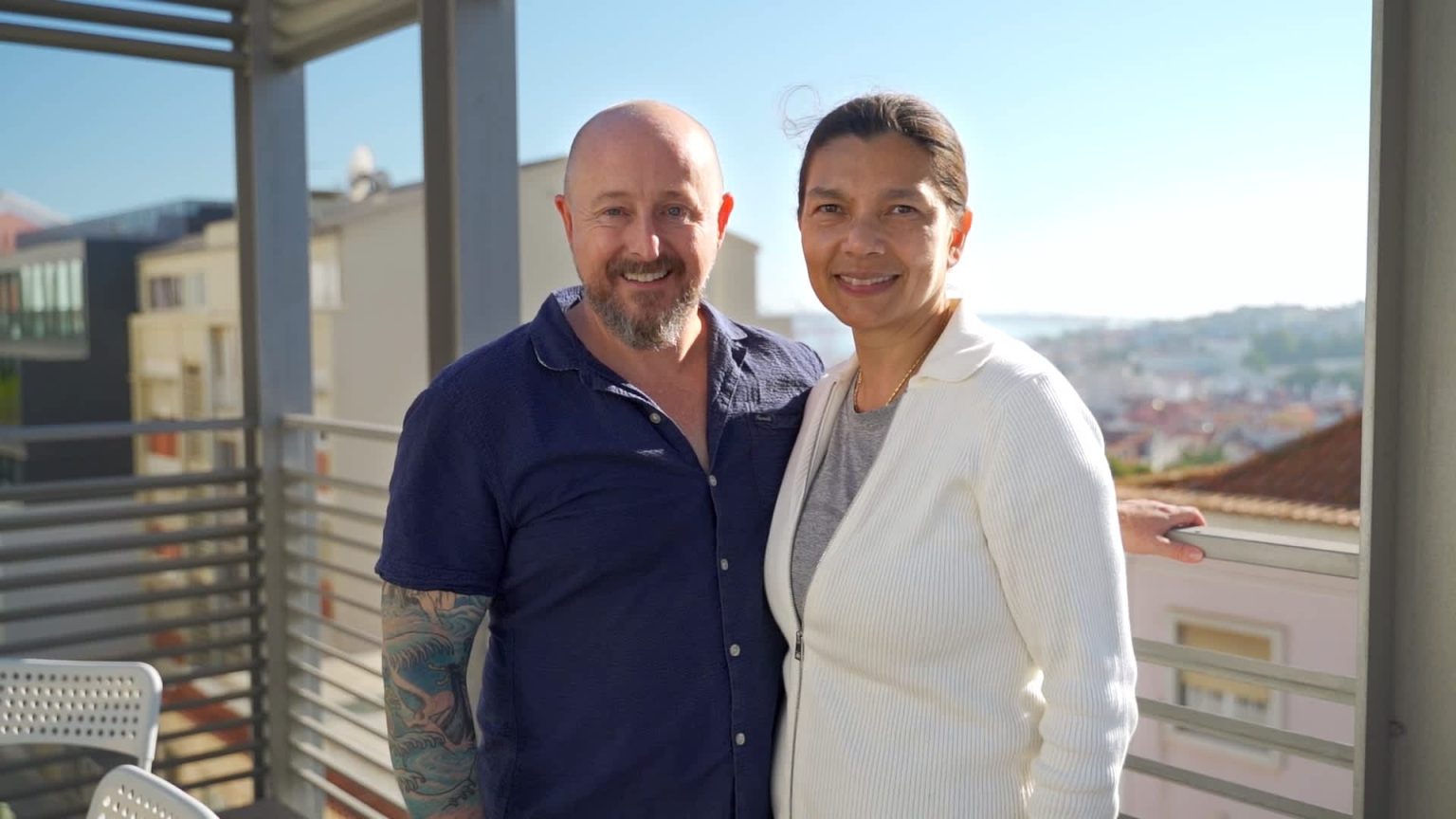If you want to retire early, there isn’t a ton of room to make financial mistakes since you’re aiming to hit a certain net worth on a truncated timeline.
One big investment that doesn’t pay off or a major unnecessary purchase could derail your progress and delay your plans to quit working.
With careful planning, Alex Trias managed to avoid such a setback on his journey to retire at age 41.
“As far as spending money in my 20s, the fact is I have no regrets because, for the most part, I didn’t do it very often,” Trias tells CNBC Make It.
Though the former tax attorney had a six-figure salary, he says he bought clothes from discount retailers, took public transportation and kept his home furnishings to a minimum to keep his costs low prior to retiring.
There are financial lessons he could have learned earlier, though. Here are three regrets Trias has from his 20s and his advice for avoiding similar mistakes.
1. Trying to be ‘exceptionally original’
Both in his career and in his personal finances, Trias learned that it’s not always worth it to try to stray from the norm.
“In my 20s, I wasted far too much time and effort trying to be exceptionally original as opposed to being exceptionally competent,” he says.
He learned this lesson early in his law career from a mentor who used a metaphor of shucking oysters: Trias’ job is to shuck as many oysters as possible, and though it might be more fun to imagine he’s looking for pearls, “it’ll be a hell of a lot easier for you to just concentrate on shucking those goddamn oysters.”
In his work, Trias realized that sometimes “best practices” are called that for a reason. He had the idea that you can only get ahead in your career by standing out or trying to re-imagine time-tested tactics. But the old adage of “if it ain’t broke, don’t fix it” applies more often than you’d think.
2. Thinking timing is more important than consistency
“My greatest regret financially wasn’t my spending, it was my thinking,” Trias says. “I used to think all the time about investing at a low price, waiting and then selling at a higher price. I cannot begin to explain the anxiety and waste this sort of mental framework caused.”
Rather than trying to time the market, Trias recommends making saving and investing a habit.
“One of the things that works really well is an almost mindless habit of repetitiously saving and investing every [time] you get your paycheck, irrespective of what might be happening in the world economy or whether you think stocks are overvalued,” he says.
For everyday investors, Trias says it’s not worth the time and stress watching and worrying about your investments all the time.
“I think trying to pay attention [to your net worth] month to month or even year to year is probably counterproductive,” Trias says. “Focus not so much on the end result but on the habits that you’re forming.”
3. Overestimating his needs
When he and his family first moved abroad, Trias says he was surprised to learn how little they actually needed to get by both in terms of material things and spending money.
“I always thought that to be happy, we would need four bedrooms, or fill in the blank — I had a laundry list of needs,” he says.
Thankfully, it didn’t take long to realize he could live happily on less.
“It took us about six months of living in a much more streamlined way to realize not only do we not need that, but actually it turns out we don’t want it. We don’t need anything close to what we thought we needed to retire,” he says.
You might be different. Maybe your idea of a comfortable retirement involves being able to afford a personal chef, or the ability to eat every meal at a restaurant.
Do some exploring while you’re young to figure out what you actually want your retirement to look like, then think through what it takes to get there. It may be easier than you thought.
DON’T MISS: Want to be smarter and more successful with your money, work & life? Sign up for our new newsletter!
As technology reshapes business expectations, some leaders are embracing change and transforming their organizations for the future. Join the CNBC Evolve Global Summit on November 2 to hear strategies to adapt, innovate and succeed in this new era of business. Buy your ticket here.
Read the full article here




